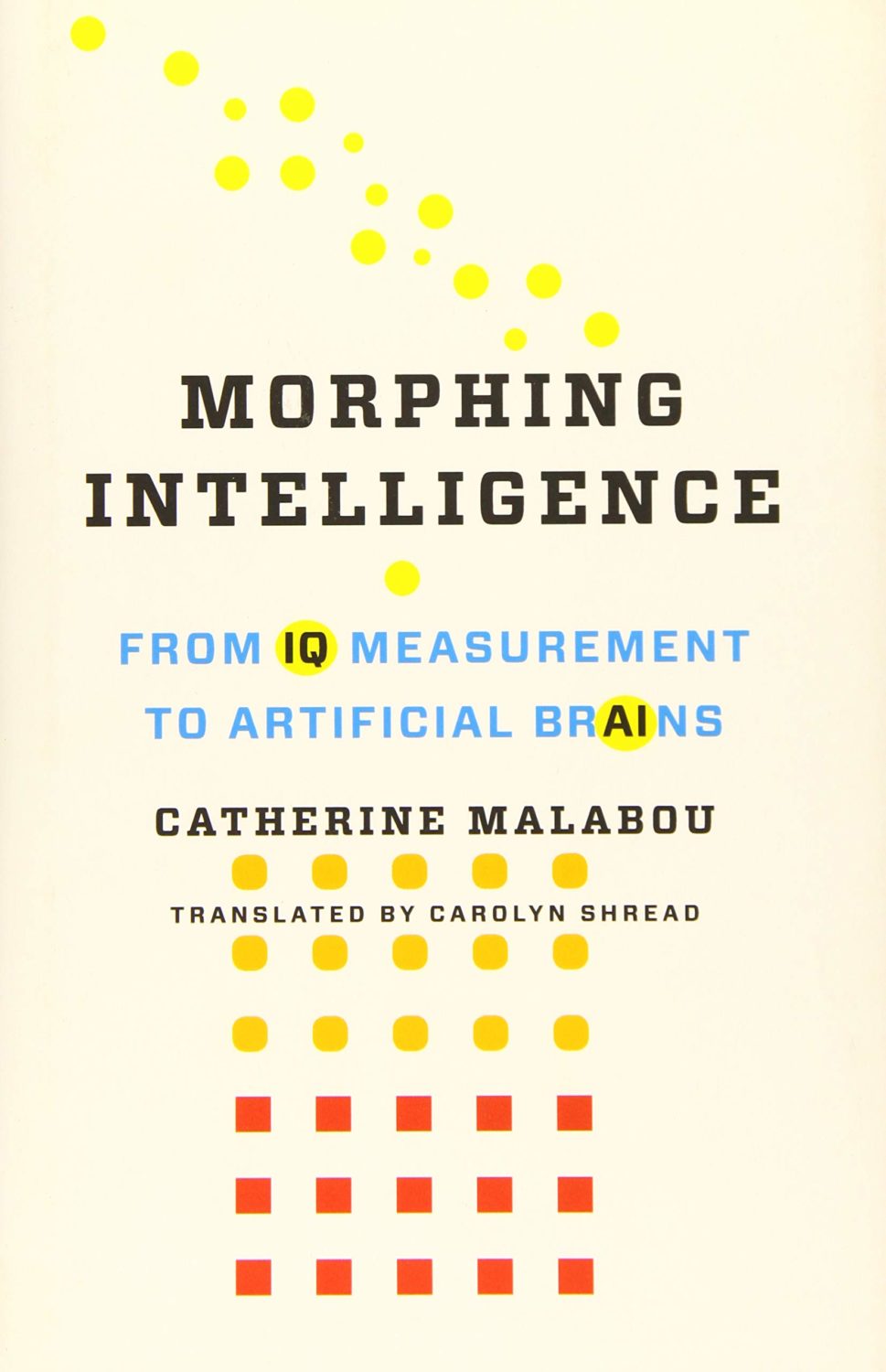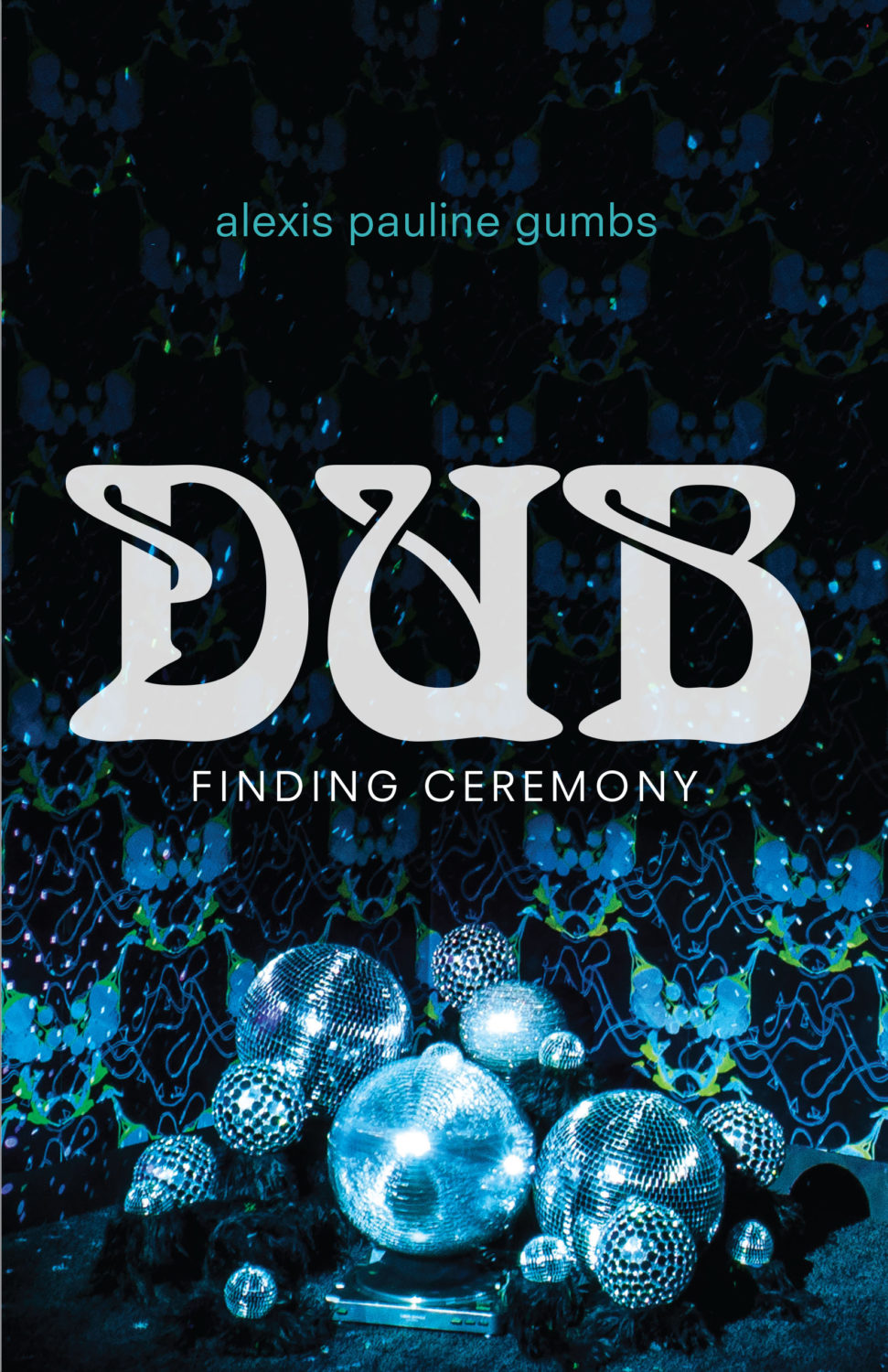Hans-Ulrich Obrist’s Quarantine Reading List
By Something CuratedArtistic Director of London’s Serpentine Galleries, Zurich-born curator, critic and art historian, Hans-Ulrich Obrist has established a reputation for being one of the most prolific and influential curators in the world. Since his first show “World Soup” (The Kitchen Show) in 1991 he has curated more than 300 diverse exhibitions. Among the titles he’s authored, Obrist’s recent publications include Hans Ulrich Obrist – Infinite Conversations, Ways of Curating, Conversations in Colombia and Lives of The Artists, Lives of The Architects. While we remain largely housebound, Obrist shares with Something Curated a thought provoking edit of reading material to discover.
Roland Barthes, How to Live Together: Novelistic Simulations of Some Everyday Spaces

A distinct project that sets the tone for his subsequent lectures, How to Live Together is a key introduction to Roland Barthes’s pedagogical methods and critical worldview. In this work, Barthes focuses on the concept of “idiorrhythmy,” a productive form of living together in which one recognises and respects the individual rhythms of the other. He explores this phenomenon through five texts that represent different living spaces and their associated ways of life: Émile Zola’s Pot-Bouille, set in a Parisian apartment building; Thomas Mann’s The Magic Mountain, which takes place in a sanatorium; André Gide’s La Séquestrée de Poitiers, based on the true story of a woman confined to her bedroom; Daniel Defoe’s Robinson Crusoe, about a castaway on a remote island; and Pallidius’s Lausiac History, detailing the ascetic lives of the desert fathers.
Catherine Malabou, Morphing Intelligence: From IQ Measurement to Artificial Brains

What is intelligence? The concept crosses and blurs the boundaries between natural and artificial, bridging the human brain and the cybernetic world of AI. In this book, the acclaimed philosopher Catherine Malabou ventures a new approach that emphasises the intertwined, networked relationships among the biological, the technological, and the symbolic. Malabou traces the modern metamorphoses of intelligence, seeking to understand how neurobiological and neurotechnological advances have transformed our view. She considers three crucial developments: the notion of intelligence as an empirical, genetically based quality measurable by standardised tests; the shift to the epigenetic paradigm, with its emphasis on neural plasticity; and the dawn of artificial intelligence, with its potential to simulate, replicate, and ultimately surpass the workings of the brain. Malabou concludes that a dialogue between human and cybernetic intelligence offers the best if not the only means to build a democratic future.
Kate Raworth, Doughnut Economics: Seven Ways to Think Like a 21st-Century Economist

In Doughnut Economics, Oxford academic Kate Raworth identifies seven critical ways in which mainstream economics has led us astray, and sets out a roadmap for bringing humanity into a sweet spot that meets the needs of all within the means of the planet. En route, she deconstructs the character of “Rational economic man” and explains what really makes us tick. She reveals how an obsession with equilibrium has left economists helpless when facing the boom and bust of the real-world economy. She highlights the dangers of ignoring the role of energy and nature’s resources – and the far-reaching implications for economic growth when we take them into account. And in the process, she creates a new, cutting-edge economic model that is fit for the 21st century – one in which a doughnut-shaped compass points the way to human progress.
Mariana Mazzucato, The Entrepreneurial State: Debunking Public vs. Private Sector Myths

The Entrepreneurial State stirs up a much-needed debate worldwide about the role of the state in fostering long-run innovation led economic growth. The book comprehensively debunks the myth of a lumbering, bureaucratic state versus a dynamic, innovative private sector. In a series of case studies – from IT, biotech, nanotech to today’s emerging green tech – Mariana Mazzucato shows that the opposite is true: the private sector only finds the courage to invest after an entrepreneurial state has made the high-risk investments. In an intensely researched chapter, she reveals that every technology that makes the iPhone so ‘smart’ was government funded: the Internet, GPS, its touch-screen display and the voice-activated Siri. Mazzucato also controversially argues that in the history of modern capitalism the State has not only fixed market failures, but has also actively shaped and created markets.
Alexis Pauline Gumbs, Dub: Finding Ceremony

The concluding volume in a poetic trilogy, Alexis Pauline Gumbs’s Dub: Finding Ceremony takes inspiration from theorist Sylvia Wynter, dub poetry, and ocean life to offer a catalogue of possible methods for remembering, healing, listening, and living otherwise. In these prose poems, Gumbs channels the voices of her ancestors, including whales, coral, and oceanic bacteria, to tell stories of diaspora, indigeneity, migration, blackness, genius, mothering, grief, and harm. Tracing the origins of colonialism, genocide, and slavery as they converge in Black feminist practice, Gumbs explores the potential for the poetic and narrative undoing of the knowledge that underpins the concept of Western humanity. Throughout, she reminds us that dominant modes of being human and the oppression those modes create can be challenged, and that it is possible to make ourselves and our planet anew.
Feature image: Alexis Pauline Gumbs, Dub: Finding Ceremony (via Duke University Press)